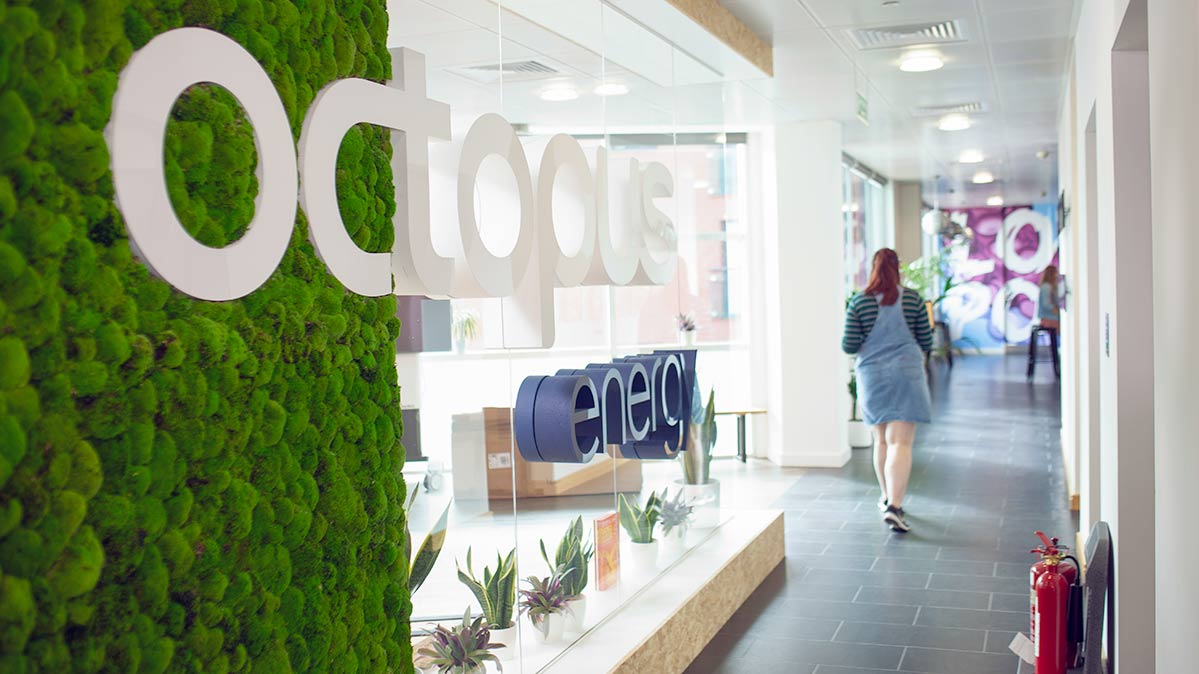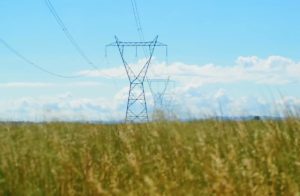An investment in a UK-based energy technology company is delivering major dividends for Origin Energy, with the UK electricity retailer Octopus Energy – of which Origin is a significant shareholder – surging to a £3 billion valuation ($A5.5 billion).
It represents a tripling in the valuation of Octopus Energy in just over a year, as electricity retailers search for ways to keep customers on board as new technologies hit the market
In a statement to the ASX on Tuesday, Origin advised the market that the valuation of Octopus Energy had now reached $5.5 billion, after the UK-based electricity retailer secured a £211 million (A$397 million) investment from Generation Investment Management for a 7 per cent stake.
Origin Energy holds a 20 per cent ownership share in Octopus Energy, a stake now worth an estimated $1.1 billion. It has proven to be a lucrative investment for Origin, having secured its initial stake for just over $400 million in May last year.
Origin has subsequently topped up this investment with a $71 million investment last December, and additional $70 million announced on Tuesday to maintain its ownership level at 20 per cent as other partners take stakes in Octopus.
In total, Origin has tipped $550 million into Octopus Energy for the stake that is now valued at twice that amount.
Of potentially greater benefit to Origin has been its ability to secure an exclusive licence to deploy the Kraken customer management platform developed by Octopus Energy, that Origin says could deliver operational cost savings of as much as $150 million a year.
The Kraken platform allows electricity retailers to automate and streamline a wide range of their interactions with customers, while also allowing for the development of new energy products that incorporate new energy technologies, such as dynamic tariff pricing rooftop solar, battery storage, demand management and electric vehicles.
While Octopus has rapidly emerged as a major player in the UK energy market off the back of the innovative Kraken platform, it has been its ability to licence this platform to energy companies in overseas markets that has helped drive its international expansion.
It also provides a timely financial offset for Origin Energy, which was forced last year to write off more than $1.2 billion in value from the company’s fossil fuel investments, and which has a history of write-downs in the past from solar and geothermal energy investments.
“Since our investment in May 2020, Octopus has emerged as a global leader in energy retailing and technology, achieving significant growth in its home market and expanding into several international markets,” Origin Energy CEO Frank Calabria said.
“It has also continued licencing its Kraken technology platform to leading energy retailers around the world with a target of 100 million customer accounts on Kraken by 2027.
“The strategic partnership with Octopus will help Origin achieve these objectives and strengthen our retail leadership, as we migrate our retail customers to Kraken by the end of 2022 and replicate its low cost, high service operating model, delivering an expected $100-150 million of cash benefits from FY2024.”
Origin Energy is one of several major energy retailers battling through a process of transition, as the traditional business case of centralised electricity generation and one-way energy sales to customers is challenged by the emergence of new technologies.
AGL Energy recently conceded that its recent performance had not been up to scratch and that it had underestimated the pace of change in the Australian market. AGL shares have been stripped of around 80 per cent of the value as investors lament a collapse in profitability.
While Origin Energy has fared better, comparatively, the company’s shares are currently trading at around half their pre-Covid levels.
Octopus has been able to maintain a relatively strong position within the UK electricity market, despite a period of turmoil that has hit UK markets for electricity, gas and fuel.
The company took on 580,000 new customers following the failure of Avro Energy, which had struggled to deal with surging energy prices and an inability to recover costs from customers.








